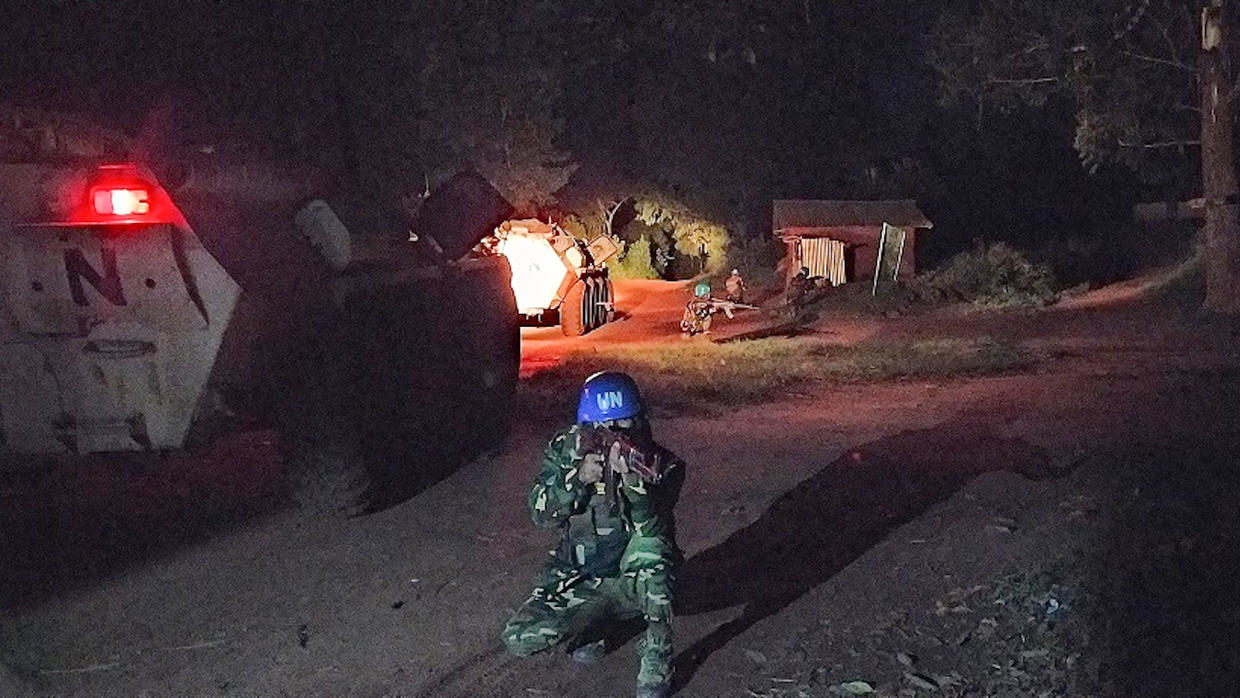
Issued on: Modified:
Women and children were among at least 20 civilians murdered in northeastern Democratic Republic of Congo’s Ituri province, local officials told AFP on Sunday.
“We have 20 people killed for now and 17 wounded, some of them admitted to hospital,” Adel Alingi, a Djugu territory administrator, told AFP, adding that a notorious regional militia was suspected of carrying out the latest massacre overnight Saturday to Sunday.
Another local official said 22 people were killed.
Pilo Mulindro, a tribal chief, told AFP by telephone that “the victims are of all ages, children, youths, women and old men, killed by machete, by knife or by firearm”.
Local authorities blamed the Cooperative for the Development of Congo (CODECO) for the massacre, one of dozens of armed groups spread across the conflict-wracked country.
CODECO is accused of the murder of hundreds of civilians this year alone.
Its members are mainly drawn from the Lendu ethnic group, who are predominantly farmers, and clash repeatedly with the Hema community of traders and herders in Ituri—a region rich in gold and oil.
For the entire country, the number of victims from ethnic violence is almost 1,000 since December 2017.
According to the UNHCR on May 8, the toll this year was at least 274 people killed and 200,000 who have fled the violence.
On Sunday, the attack apparently came from a Lendu area whereas the victims were ethnic Hema, a local source said.
In the Djugu territory, which covers more than 8,000 square kilometres (3,000 square miles), villages from both groups are interspersed and military spokesmen Jules Ngongo told AFP: “No army in the world can be everywhere in a zone like Djugu.”
Two UN battalions are also posted in the province, and are backed up by Uruguayan special forces troops, the UN peacekeeping mission MONUSCO said in late April.
Tens of thousands were killed in the region between 1999 and 2003. The UN says most victims were targeted because they were Hema.
The conflict has reignited in recent years and a UN report said in January that some deaths might constitute a “crime against humanity”.
(AFP)
Source: France 24
